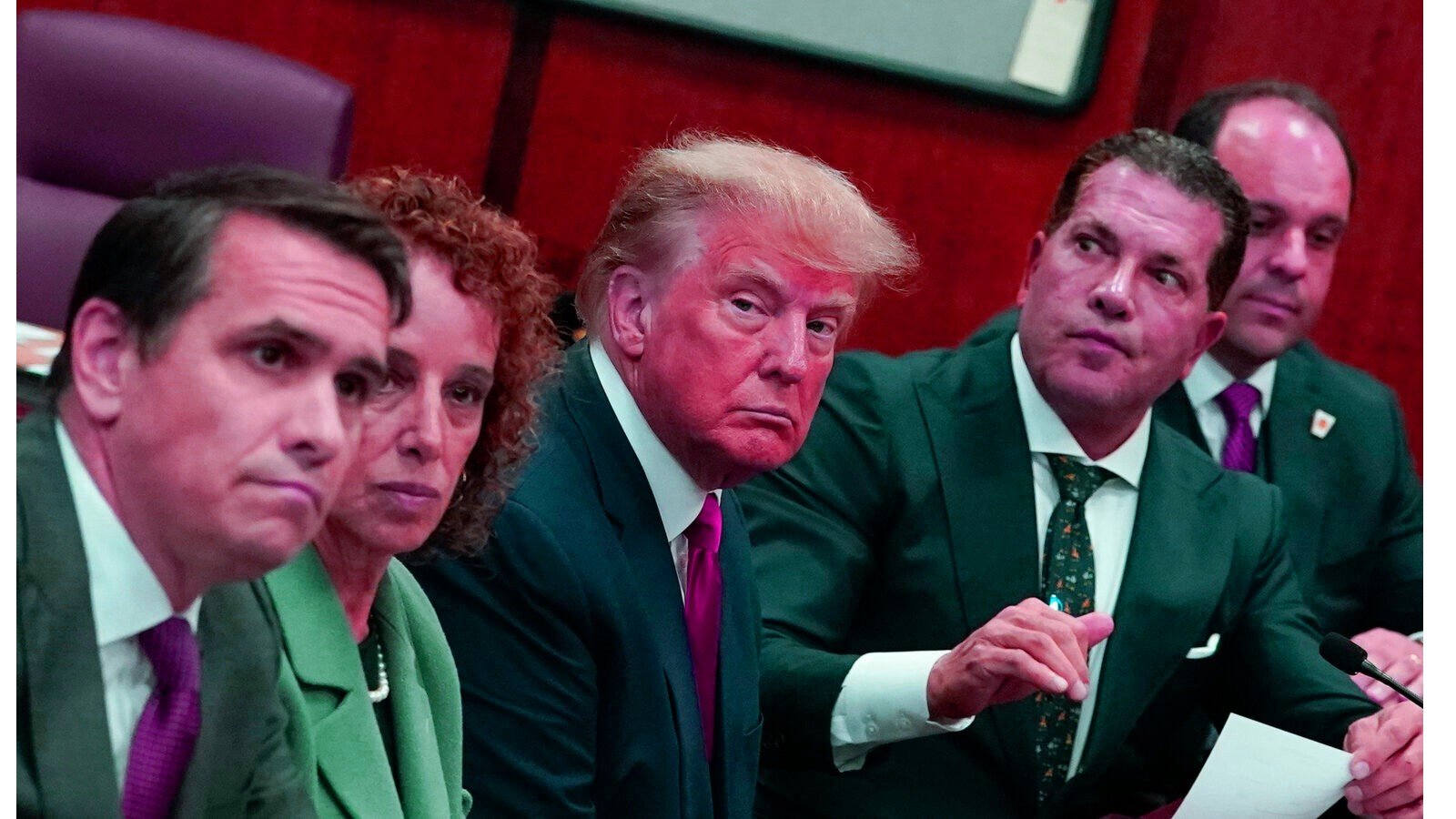An Overview of Constitutional Law in the United States (2023)


The foundation of the American legal system is constitutional law. It creates the foundation for governance, outlines the scope and bounds of governmental authority, and protects individual rights. Understanding the fundamental ideas and principles of constitutional law is essential to understanding the American legal system. We will give a thorough explanation of constitutional law, its origins, essential elements, and social effects in this post.
The corpus of laws, theories, and precepts that control how the US Constitution is interpreted and applied is known as constitutional law. It discusses the power dynamics between the several parts of government as well as the interaction between the latter and its constituents.
Contents
- 1 Constitutional law’s foundational texts
- 2 Jurisprudential Review and the Supremacy Clause
- 3 The Federal Government’s Structure and Powers
- 4 Individual Rights and the Bill of Rights
- 5 Due Process and Equal Protection
- 6 Amendments to the Constitution
- 7 Interpretation of the Constitution
- 8 famous cases from the Supreme Court
- 9 Constitutional Law’s Effect
- 10 Conclusion
- 11 FAQs
Constitutional law’s foundational texts
The US Constitution itself serves as the main source of constitutional law in the country. This fundamental law safeguards individual liberty while outlining the federal government’s organizational framework and delegating authority to its many components. In addition, judicial precedents produced through rulings and judges’ interpretations of the Constitution have an impact on constitutional law.
Jurisprudential Review and the Supremacy Clause
The Supremacy Clause of the Constitution’s Article VI declares the federal laws and the Constitution to be the supreme law of the nation. It makes sure that state policies and laws that go against the Constitution are void. Federal courts are permitted to use judicial review, a power not expressly guaranteed by the Constitution but established by the famous Marbury v. Madison decision.
The Federal Government’s Structure and Powers
The legislative, executive, and judicial departments of the federal government are each given specific authority under the Constitution. A system of checks and balances is ensured by the division of powers, preventing any one branch from becoming overly dominant. The Necessary and Proper Clause enables Congress to pass legislation required for exercising its specified authorities, while the Trade Clause allows the federal government the right to regulate interstate trade.
Individual Rights and the Bill of Rights
Individuals are guaranteed fundamental rights and freedoms under the Bill of Rights, which comprises the first 10 amendments to the Constitution. The First Amendment guarantees journalistic, religious, and free speech rights. The Fifth Amendment ensures due process of law and protection against self-incrimination, whereas the Fourth Amendment protects against irrational searches and seizures. Many of these safeguards are extended to the states by the Fourteenth Amendment, which also includes the idea of equal treatment under the law.
Due Process and Equal Protection
All people are treated equally under the law according to the Equal Protection Clause of the Fourteenth Amendment. Discrimination on the grounds of race, gender, religion, or other protected characteristics is forbidden. The Fourteenth Amendment’s provision of due process also assures that people will get fair treatment and procedural rights throughout court procedures.
Amendments to the Constitution
The Constitution has an amendment procedure that enables it to be changed to meet shifting social demands. The states must ratify an amendment once it has been proposed by either Congress or a constitutional convention. The First Amendment, which guarantees the right to free speech, worship, and assembly, and the Nineteenth Amendment, which gave women the right to vote, are notable amendments.
Read More: The Ins and Outs of Bankruptcy Law (2023)
Interpretation of the Constitution
Constitutional law must include constitutional interpretation. In terms of how to interpret the Constitution, many schools of thought exist. The Living Constitution approach encourages modifying the Constitution’s interpretation to take into account societal developments, in contrast to originalism, which emphasizes reading the Constitution in accordance with its original meaning and intent. In contrast to judicial restraint, which entails submitting to the choices of the elected institutions of government, judicial activism involves judges actively changing policy via their interpretations.
famous cases from the Supreme Court
By ruling on important cases, the Supreme Court decisively shapes constitutional law. The right to judicial review was established by Marbury v. Madison (1803). In 1954’s Brown v. Board of Education, segregation in public schools was ruled to be unconstitutional. The right of a woman to choose to have an abortion was recognized in Roe v. Wade (1973). In Citizens, United v. FEC (2010), corporate spending rights were increased.
Constitutional Law’s Effect
In society, constitutional law has a significant bearing. It ensures that people may freely express themselves, practice their religion, and be treated fairly under the law. It also safeguards individual rights and liberties. The way the Constitution is interpreted and the rulings of the courts also influence national policy. The preservation of people’s rights and the operation of the government are governed by constitutional law.
Read More: The Intersection of Technology and the Law
Conclusion
In conclusion, the United States constitutional law is essential for setting the framework of the government, defending individual rights, and guiding public policy. It makes ensuring that the government functions within the bounds of its constitutional authority and defends the rights of the people. Constitutional law continues to change and adapt to suit the shifting demands of society through judicial interpretation of the Constitution and significant cases. Maintaining an equitable and democratic society requires an understanding of the fundamental ideas and principles of constitutional law.
The cornerstone of the American legal system, constitutional law establishes governmental organization, safeguards individual rights, and directs public policy. grasp the rights and obligations of citizens requires a grasp of its guiding ideas and concepts. Constitutional law is essential to preserving a just and democratic society because it upholds the Constitution and makes sure that its interpretation serves its intended purpose.
FAQs
What role does constitutional law have in American society?
In the United States, constitutional law creates the foundation for government, defends individual rights, and directs public policy. It makes ensuring that the government functions within the bounds of its constitutional authority and protects individuals’ rights and liberties.
What major changes have been made to the US Constitution?
The First Amendment (which guarantees freedom of speech, religion, and the press), the Fourth Amendment (which guards against arbitrary searches and seizures), and the Fourteenth Amendment (which guarantees equal protection and due process) are notable amendments.
What part does constitutional law’s Supreme Court play?
Through its rulings, the Supreme Court interprets the Constitution and creates legal precedents. It is essential to the creation and proper execution of constitutional law.
How does the Constitution preserve people’s rights?
Individual rights including freedom of expression, religion, and assembly are protected by constitutional legislation, notably, the Bill of Rights, as are provisions for due process and equal protection under the law.
How does constitutional law affect governmental decisions?
The formation of governmental policy is shaped by constitutional law, which directs how the Constitution and its contents are interpreted. The laws and policies that are enacted by elected officials and governmental organizations are frequently significantly impacted by court judgments on constitutional concerns.






One Comment